The UCI proposes a real revolution: it wants the points obtained in CX or gravel to count towards the classification of WorldTour licenses
With the start of the CX World Cup that kicks off this coming weekend, the controversy over the reduced cyclocross season of the three main figures in this discipline such as Tom Pidcock, Mathieu van der Poel, and Wout van Aert is back in the spotlight. The UCI is already working to integrate the points system of the different specialties to adapt to an increasingly multidisciplinary approach by teams and cyclists.
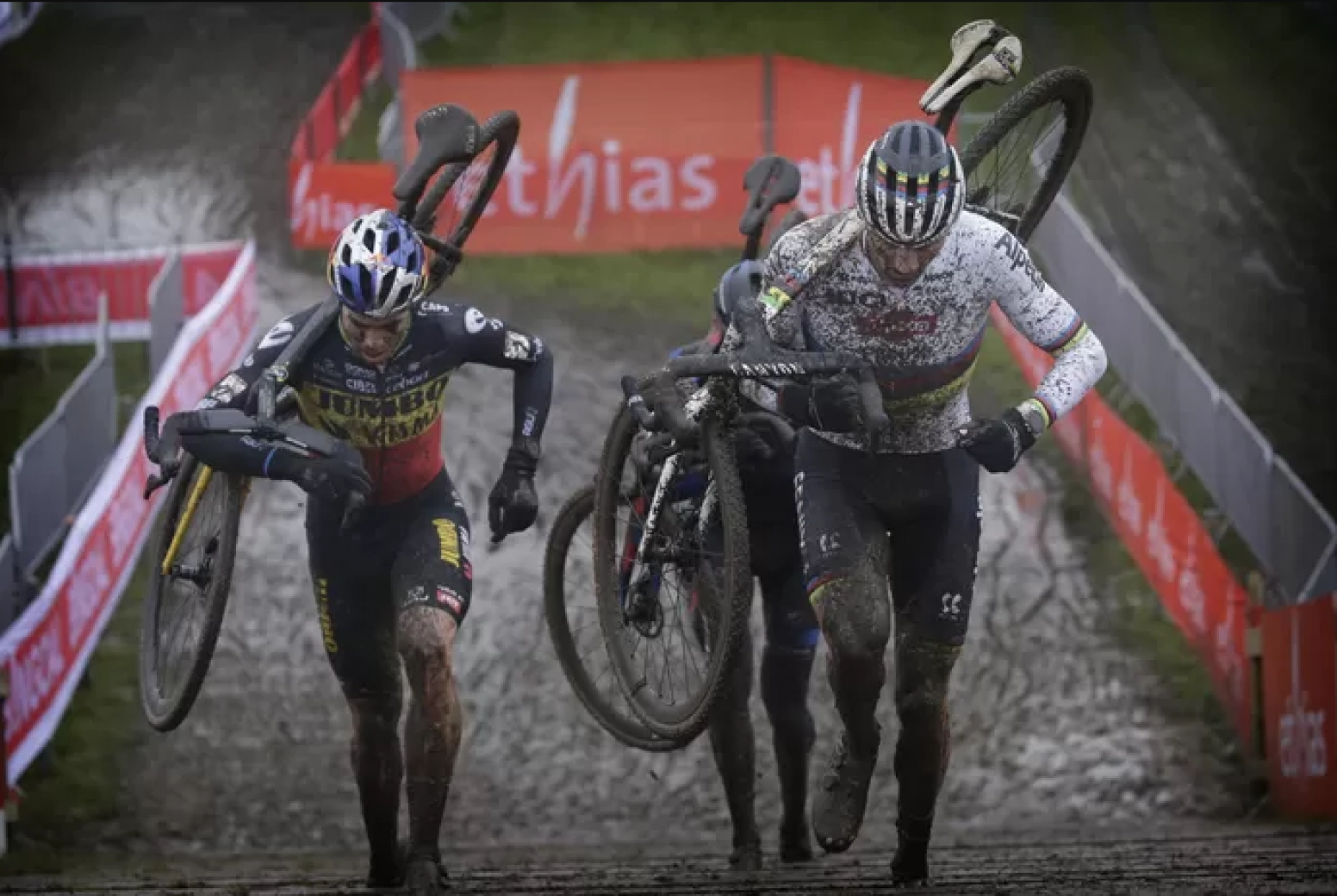
Adapting the points system to an increasingly multidisciplinary cycling is the next goal of the UCI
Despite reducing the number of CX World Cup events and tightening the dates to start later and finish just before the World Championships, Wout van Aert, Mathieu van der Poel, and Tom Pidcock, the great dominators of cyclocross in recent years, continue to bet on a season in this discipline reduced to the minimum and focused mainly on the marathon of races held in December, which attract the most public and media attention and offer the best participation fees.
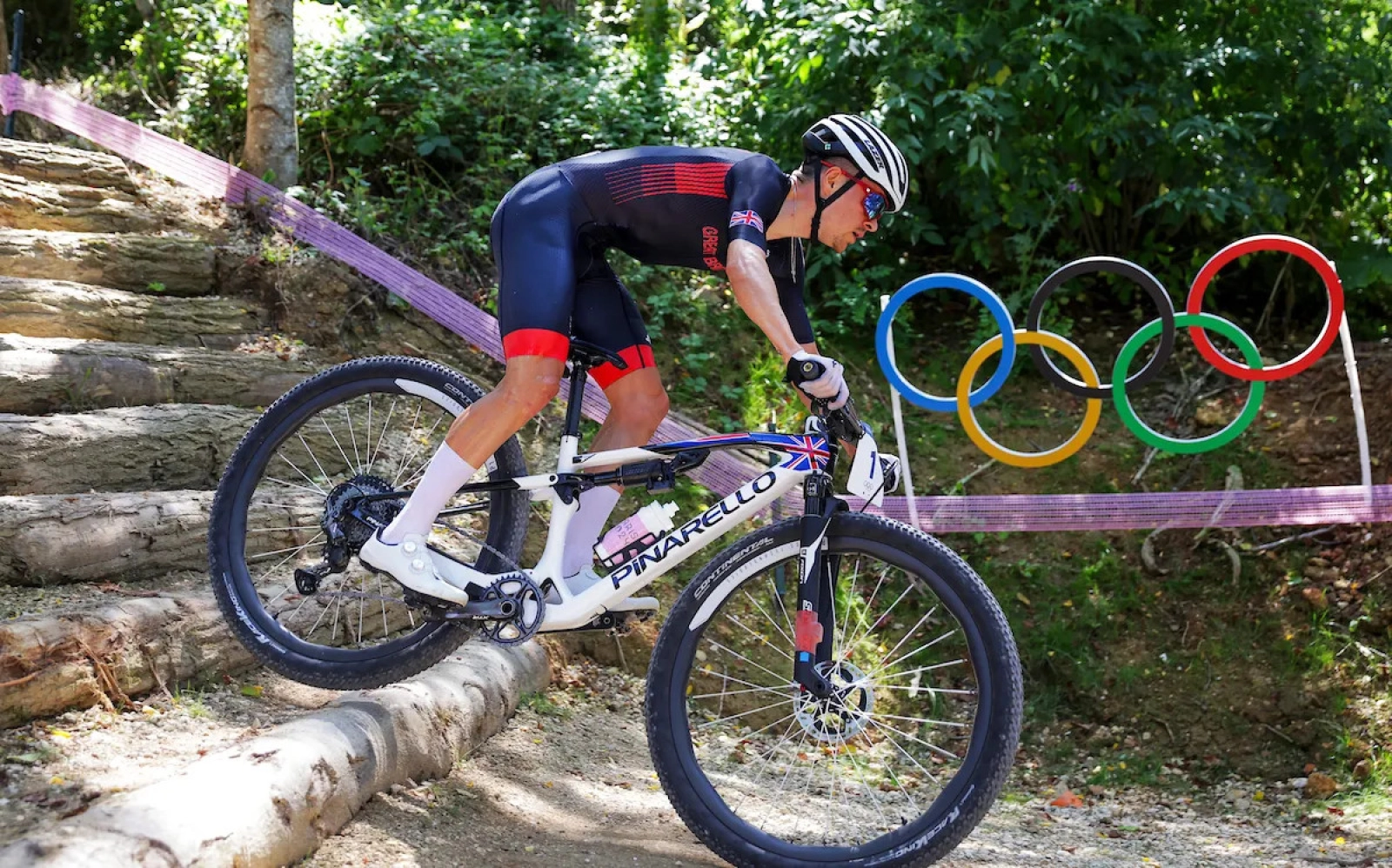
RECOMENDADO

How to wash your bike at a gas station without ruining it
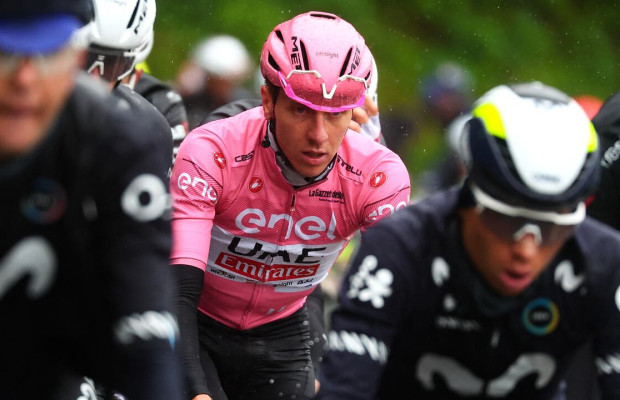
Tips for staying motivated to go out riding when cold, rain or night lurk

How to choose the right crankset and cassette: a guide to find the right ratio and extend the life of your bike
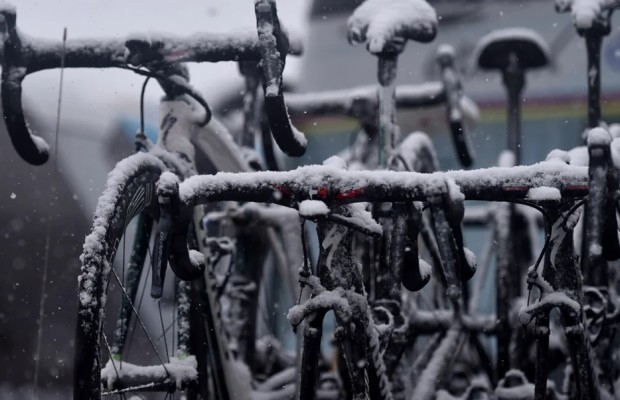
Can I go cycling with the flu or a cold?
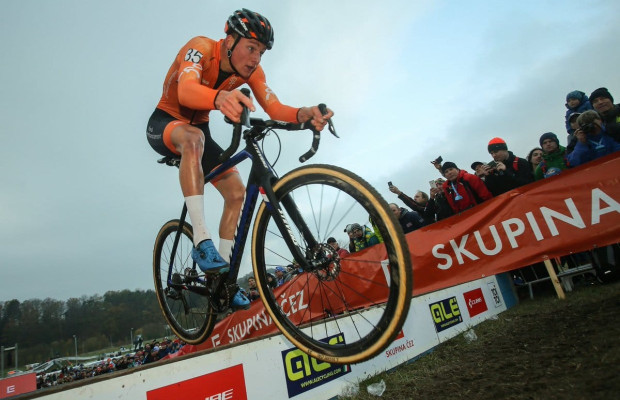
He invented the idea of jumping over the planks, which earned him a World Championship against Van der Poel
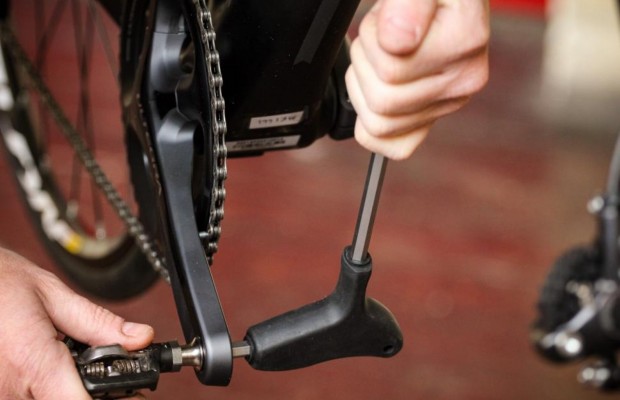
How to change the pedals of any bike in 5 steps
Now, the UCI, as indicated by the words of its sports director Peter Van den Abeele, aims to take a step further to motivate the best to compete in the CX World Cup events, which would involve making the UCI points system transversal to the different disciplines, meaning that points obtained in CX, track, gravel, etc. would count for all of them, especially for the road race.
A regulatory change that would undoubtedly benefit road teams with multidisciplinary cyclists. To give a recent example, part of the friction between Tom Pidcock and INEOS Grenadiers in recent months has been motivated by the British rider's dedication to mountain biking. In fact, it has been revealed in recent days that next year Filippo Ganna will not compete in track, one of his specialties, probably pressured by the team.
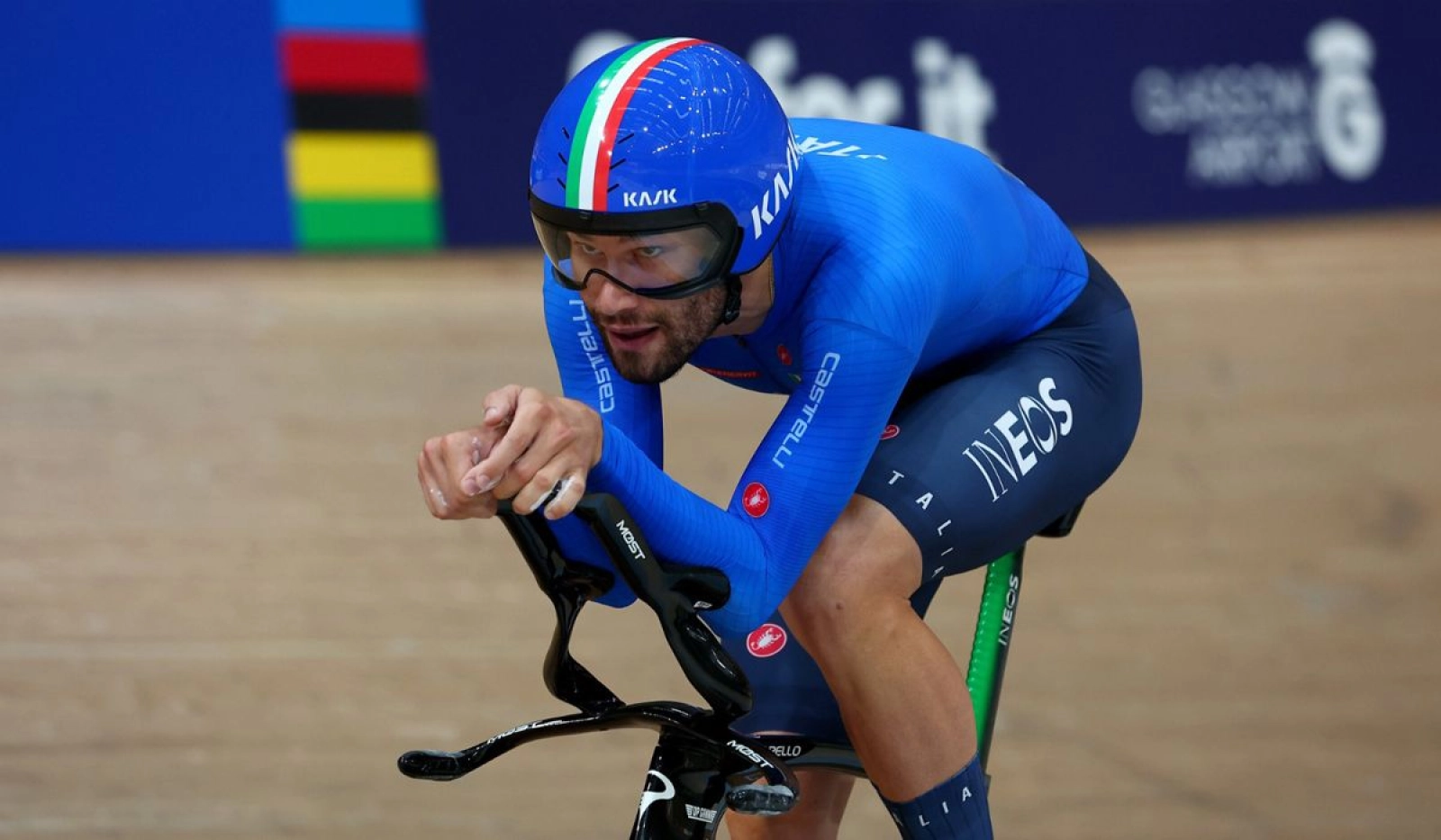
In fact, the fact that Van der Poel, Van Aert, and Pidcock are having increasingly reduced cyclocross seasons is motivated by the pressure from their teams to perform at a high level in the classics season, whose preparation is compromised by the end dates of the cyclocross campaign.
Having the points earned in these other disciplines also count for road racing could be a first step to flexibilize the teams' stance towards allowing their cyclists to compete more freely in these disciplines, knowing that these competitions will also benefit the team.
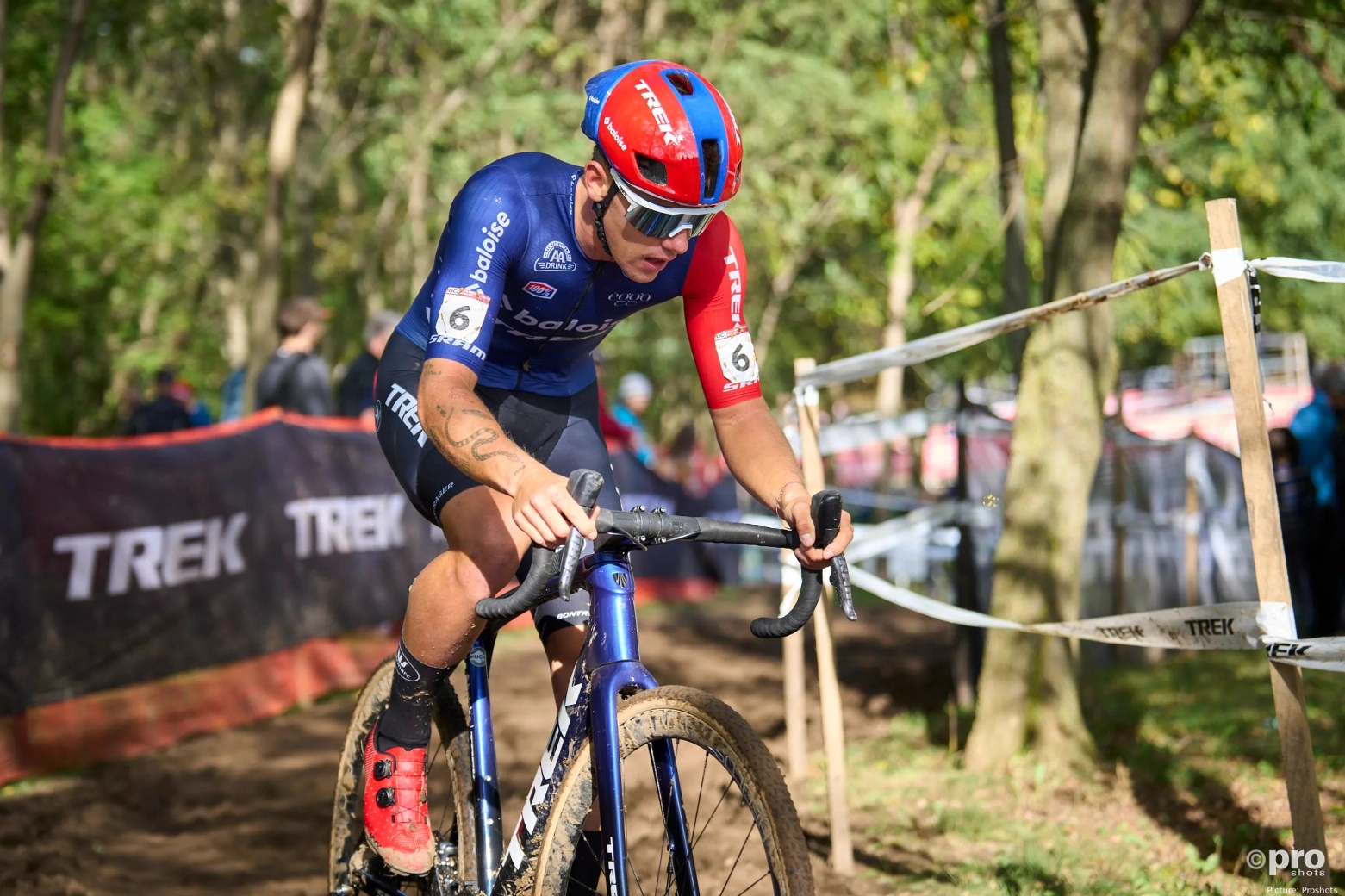
In any case, Van den Abeele is realistic and resigns himself to admitting that the salaries of these stars are paid by road teams that, obviously, want to see their cyclists shine in that discipline. If we add to that the tremendously demanding seasons they face, it is logical that they have to find time for rest between seasons, which ultimately means reducing dates in the cyclocross campaign, a less priority discipline for them.